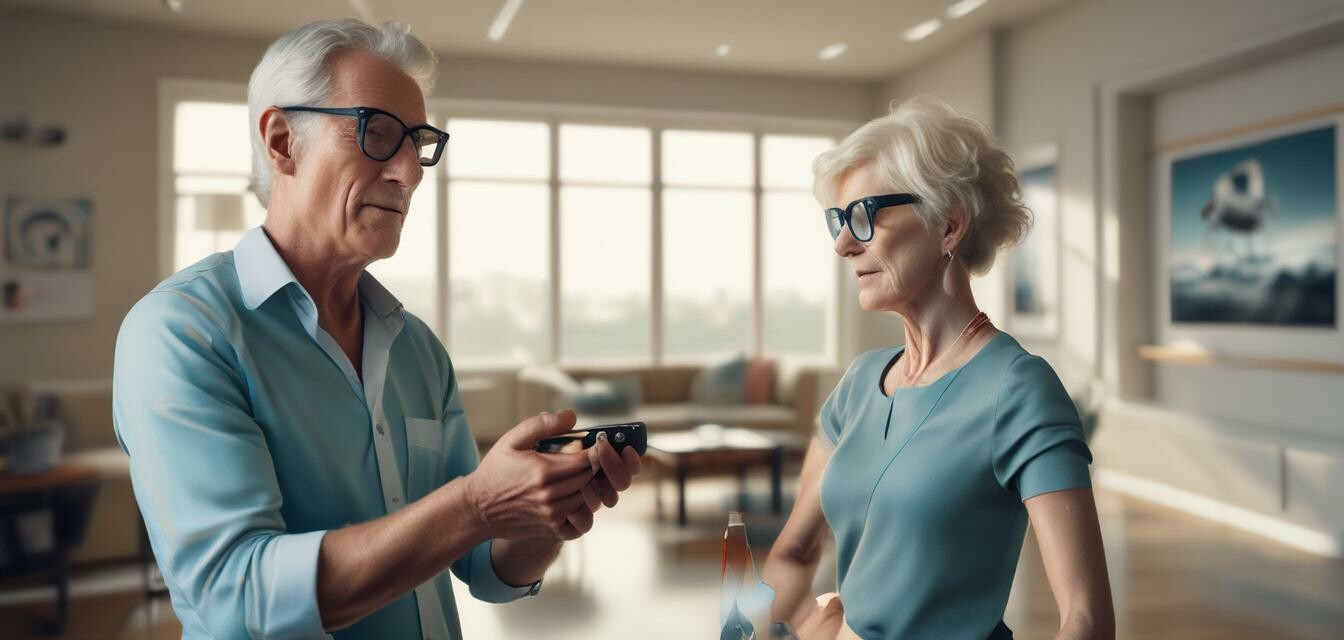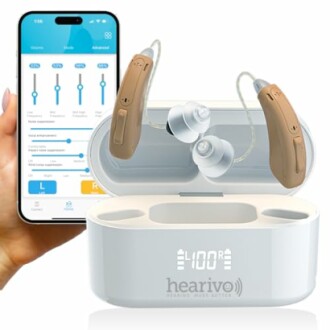
The Rise of Wearable Tech for Seniors in 2025
Key Takeaways
- Wearable technology is becoming increasingly sophisticated, targeting the unique needs of seniors.
- Devices are focusing on health monitoring, connectivity, and ease of use.
- Wearables ensure safety, independence, and enhanced quality of life for aging individuals.
- Trends include smartwatches, health trackers, and hearing aids with Bluetooth capability.
- Education for seniors on the use of wearable tech is paramount for adoption and benefits.
The landscape of technology is continuously evolving, and one of the significant advancements we see is in wearable technology tailored for seniors. In 2025, the focus is shifting more than ever to provide practical solutions for older adults. This article explores the latest trends in wearable tech and how these innovations enhance the lives of seniors.
How Wearable Technology Is Transforming Senior Living
Wearable technology offers seniors numerous benefits, including:
- Health monitoring
- Emergency alerts
- Enhanced connectivity
- Personal safety
- Improving independence
Key Wearable Technologies for Seniors in 2025
| Device Type | Key Features | Benefits |
|---|---|---|
| Smartwatches | Health tracking, notifications, SOS feature | Real-time health monitoring and easy access to communication |
| Health Trackers | Heart rate monitoring, step tracking, sleep tracking | Encourages active living and healthy habits |
| Bluetooth Hearing Aids | Noise cancellation, app control, music streaming | Enhanced hearing experience, enabled connectivity to devices |
Emerging Trends in Wearable Tech
As we look towards 2025, several trends are shaping the development of wearable technology for seniors:
- Artificial Intelligence: Smart features that learn user habits for personalized healthcare.
- Integration with Smart Home Devices: Seamless connectivity between wearables and smart home systems.
- Health Alerts: Automatic notifications sent to caregivers or family in case of emergencies.
The Importance of User-Friendly Designs
Senior users require simplified interfaces that enhance usability without sacrificing functionality. The rise in voice-controlled devices and large touchscreens are making tech more accessible for seniors. For this reason, developers are focused on creating intuitive products that cater to this demographic.
Featured Product: QV Pro Rechargeable Hearing Aids
QV Pro Rechargeable Hearing Aids for Seniors
Experience superior sound quality with Bluetooth connectivity, customizable settings, and lightweight design for comfort.
Learn MoreChallenges in Adoption of Wearable Tech
Despite the benefits, some challenges also arise:
Pros
- Enhanced safety and health monitoring
- Increased independence for seniors
- Easy communication access with loved ones
Cons
- Potential technology resistance from seniors
- Learning curve for new users
- Possible technical issues leading to frustration
Educating Seniors on Wearable Tech
Education and support are vital in overcoming the barriers to using wearable technology. Engaging workshops and one-on-one training can greatly benefit seniors in adapting to these devices. Family involvement can also encourage usage and provide reassurance.
Looking Ahead: The Future of Wearable Technology for Seniors
With continuous innovation in wearable technology, we can expect even more advancements catering to seniors' needs. As we embrace a more digital world, families and caregivers should focus on helping seniors harness the benefits of these emerging technologies for better quality of life.
To learn more about related resources, check out our articles on home automation for seniors and health monitoring gadgets, which further illustrate how technology shapes senior living.
Conclusion
Wearable technology is not just a trend; it's a solution for enhancing seniors' lives. By focusing on connectivity, health, and usability, the smart devices of 2025 will enable seniors to live more independently while staying connected and safe.
